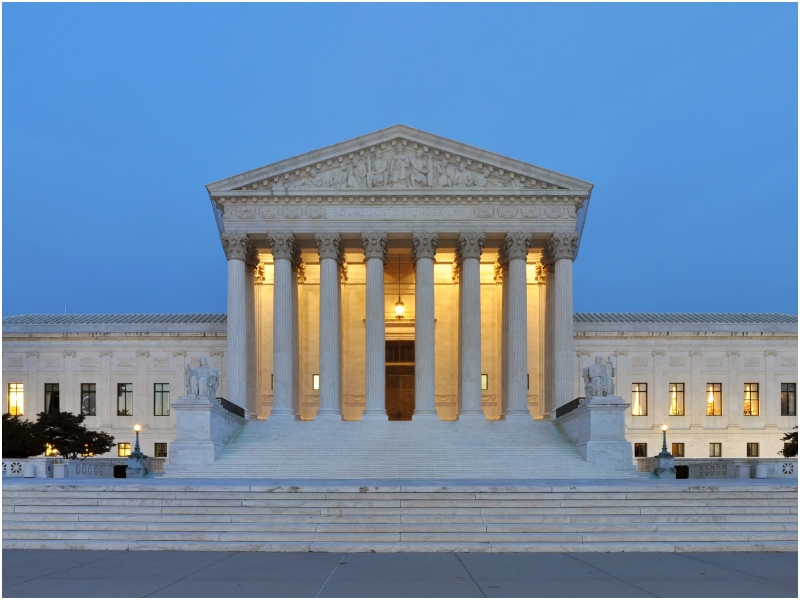It’s a big day as the Supreme Court is set to hear arguments on access to abortion medication Tuesday, March 26! It’s a case that could have significant implications for abortion access in the United States.
At the center of the case is the medication mifepristone, which is a key component of medication abortions and was utilized in nearly two-thirds of all abortions in the U.S. last year.
Abortion opponents are urging the justices to uphold a ruling from a conservative federal appeals court that would impose restrictions on the availability of mifepristone.
If successful, this could lead to limitations on the distribution of the drug through mail services and large pharmacy chains, shorten the period during which it can be used, and potentially end telehealth visits where the drug is prescribed.
The outcome of this case could have far-reaching consequences, not only for access to abortion medication but also for the broader landscape of reproductive rights.
It comes in the wake of a pivotal abortion decision two years ago that resulted in many Republican-led states enacting stringent abortion bans or restrictions.
The case also raises questions about the authority of the Food and Drug Administration (FDA) in regulating drug approvals.
The administration and drug manufacturers argue that restricting access to mifepristone would undermine the FDA’s scientific judgments and pose risks to women’s health, while anti-abortion groups contend that the FDA’s decisions to relax restrictions were unreasonable.
One potential outcome is that the Supreme Court could sidestep the politically charged aspects of the case by dismissing it on procedural grounds, arguing that the challengers lack the legal standing to sue. Another abortion-related case is already scheduled for next month, focusing on whether federal law requires hospitals to include abortions in emergency treatment.
The legal battle over mifepristone began following the Supreme Court’s overturning of Roe v. Wade. Despite initial victories for abortion opponents in lower courts, the case now rests with the Supreme Court, where its outcome could shape the future of abortion access in the country.
Health care providers have expressed concerns about the potential impact of restricted access to mifepristone, stating that they may resort to less effective alternatives if the drug becomes unavailable or difficult to obtain.
As arguments unfold in the Supreme Court, the nation awaits a decision that could have profound implications for reproductive rights and health care access.

